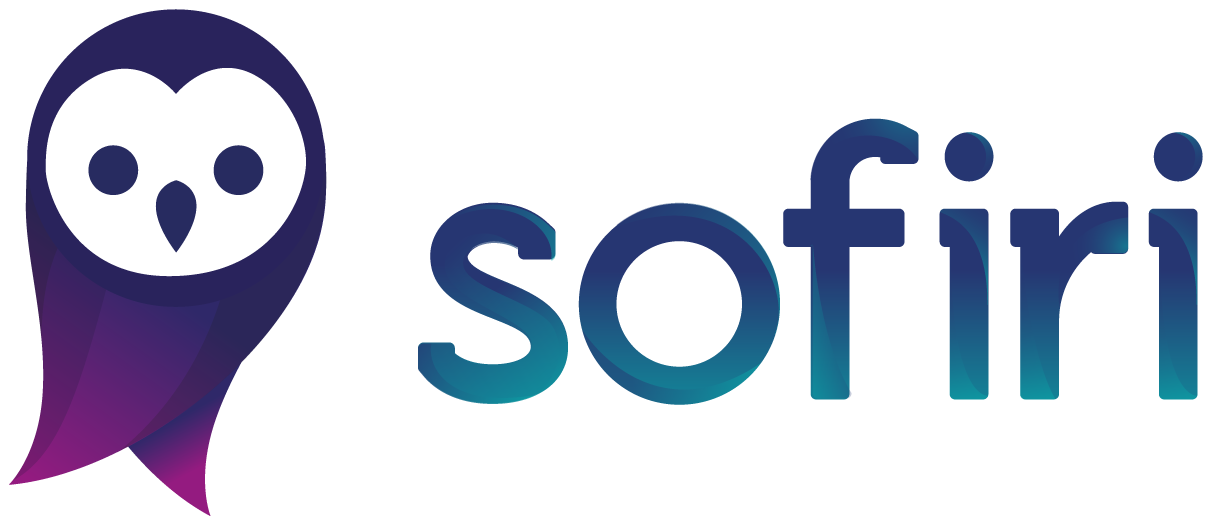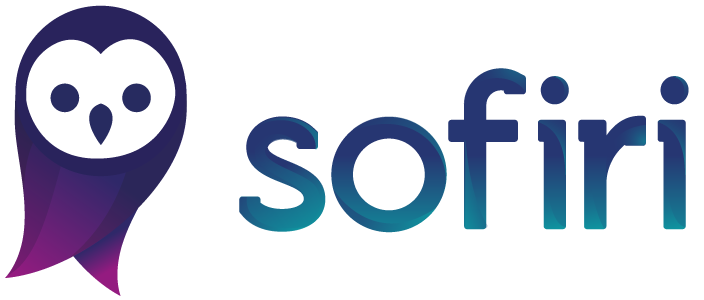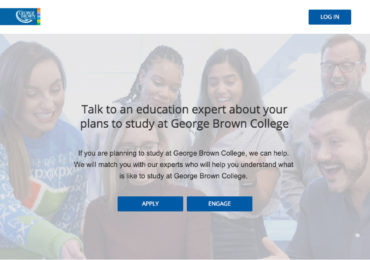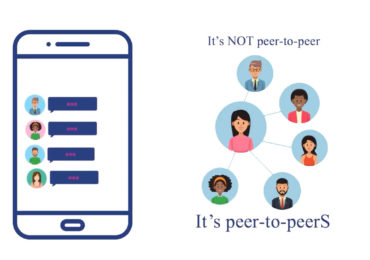Several countries around the world implemented measures to slow the spread of Covid-19 back in March, from national quarantines to school and university closures; the measures escalated as the countries rate of infection increased. Now in June, many countries are starting to ease lockdowns. While some nations have eradicated the virus, e.g. Montenegro, Fiji or New Zealand, and others are on the way to be Covid-19 free, e.g. Australia, South Korea or Taiwan, many are still struggling with it, e.g. USA or Brazil.
Even though countries are easing restrictions, the borders are closed for most popular destinations, Australia and New Zealand have indicated plans to assist international students coming into the countries as early as July 2020 and many other top destinations have announced opening their borders in the second part of the year.
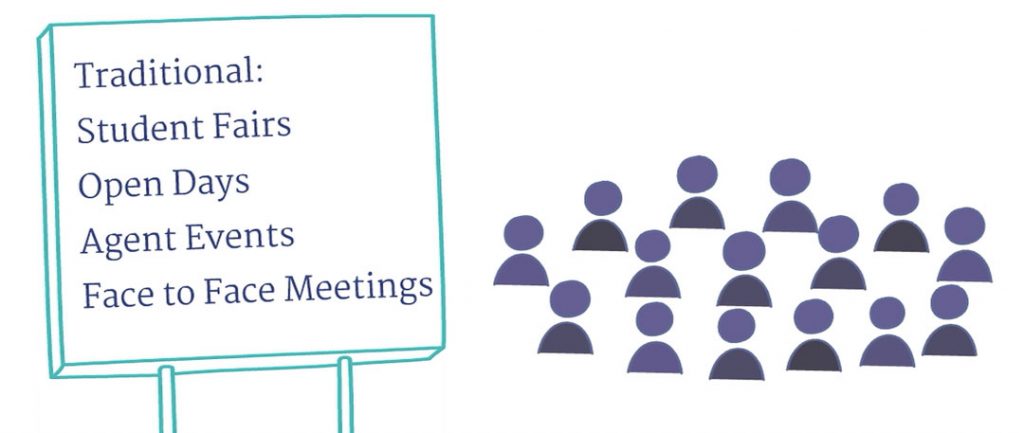
The student recruitment industry has not been exempted from the effects of Covid-19; beyond the immediate halt on the number of international students commencing courses in 2020, lockdowns in many countries are preventing new prospective students intending to study in 2021 and beyond from meeting counsellors at agencies. While students are able to continue making contact with agents or education providers online using emails and web forms, the vast majority of education providers have shifted their recruitment tactics to rolling out online video training for agents and virtual fairs for students, see for instance Sofiri powered video summit series for The University of Nottingham Malaysia here. The idea of face to face counselling, agent in-office training or traditional student fairs is changing drastically, not only in 2020 but the coming years as well, as the threat of the virus continues.
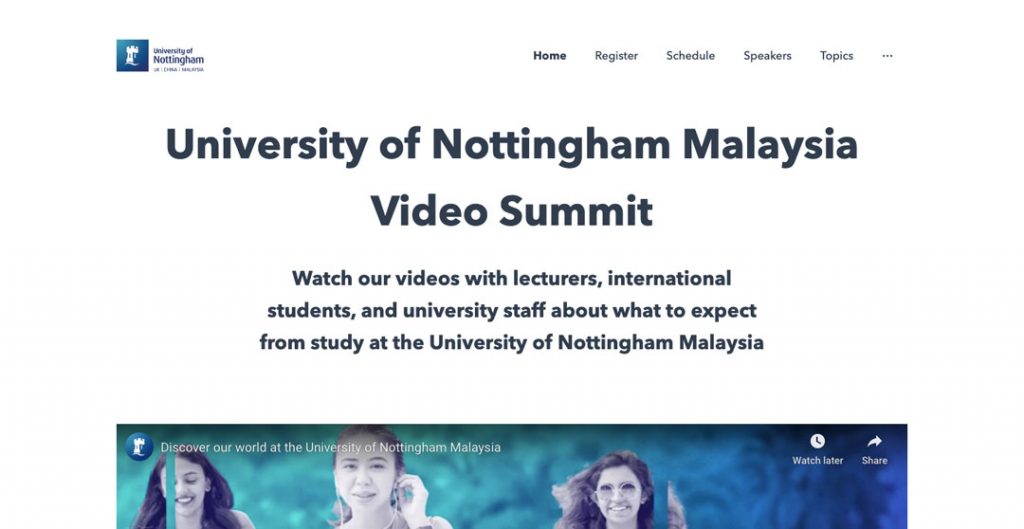
Being this the effect, how can we move forward successfully to continue student recruitment safely and efficiently?
Currently, the digital journey of aspiring students starts with search engines, typically Google or Baidu if the student is in China, if not actively looking for a course, destination country or education provider, then aspiring students are the target of paid advertising by universities, colleges and education agents in key social media channels like Facebook or Instagram.
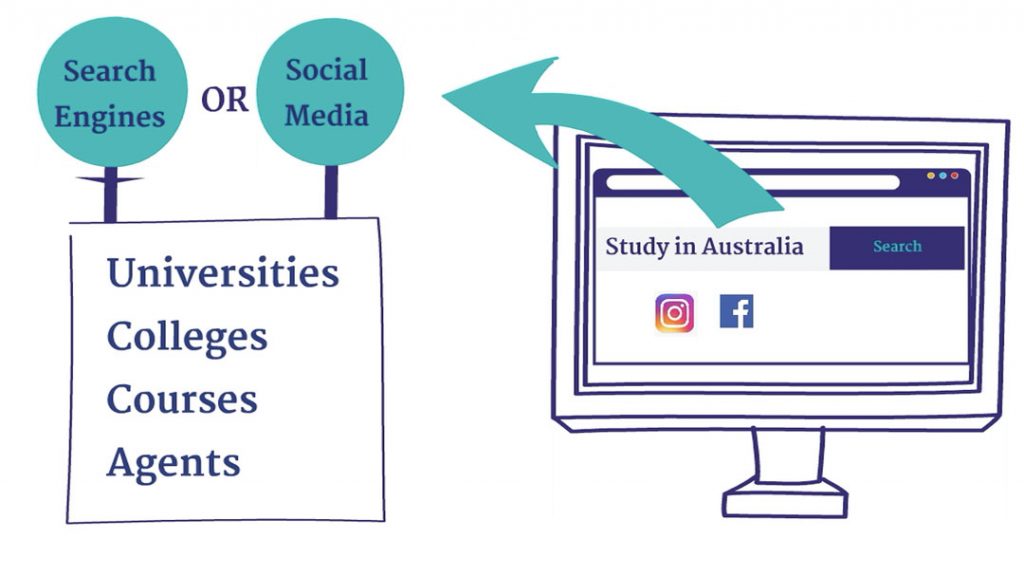
From search engines, students are organically connected with education provider websites or specialised course listing sites like mastersportal.com. When clicking on paid traffic in social media or search engines, students are typically taken to purpose-built landing pages. This online behaviour has consistently been optimised for the last decade.
From the time a student lands in a website or specific page; the most typical, expected action is for students to enquire using a form. It is at this point that providers with a CRM will then engage a student via email, SMS or in the best-case scenario, a live chat widget.
This process, as it has been detailed, continues to be COVID-free, but it is very competitive and raises the questions: Is this what almost all education providers do? And, is there a better alternative?
Yes, the alternative is instant response via some type of app (web or mobile); it can be a live chat app installed on the education provider’s site, it can be an existing app installed on the student’s mobile device, e.g. Facebook Messenger, WhatsApp or WeChat; or it can be a purpose-built mobile app dedicated to service prospective student and enabling live chat during their application process.
Paid traffic can be connected directly with the app, circumventing the use of websites and landing pages. With this app being the ideal, the next two key questions are:
- Are education providers able to resource instant chat functionalities with staff ready to respond 24 hours a day, seven days a week?
- Can they do this in the native language of the student?
The answer to both questions is “yes”, but this will be costly and human-resource intensive, as to fit this requirement for the top student source countries in the world will require the coverage of at least five to seven very different languages and multiple student advisors working around the clock to cover various time zones. To avoid the unrealistic scenario of providing 24/7 immediate response using multiple counsellors, computers can help with the use of chatbots. Not only will these bots be able to connect with students any day of the week, at their preferred time, and in their own language; they can also work to collect information and qualify students so when advisors are ready to chat with them, precious time would have been saved, and consultations will be more meaningful.
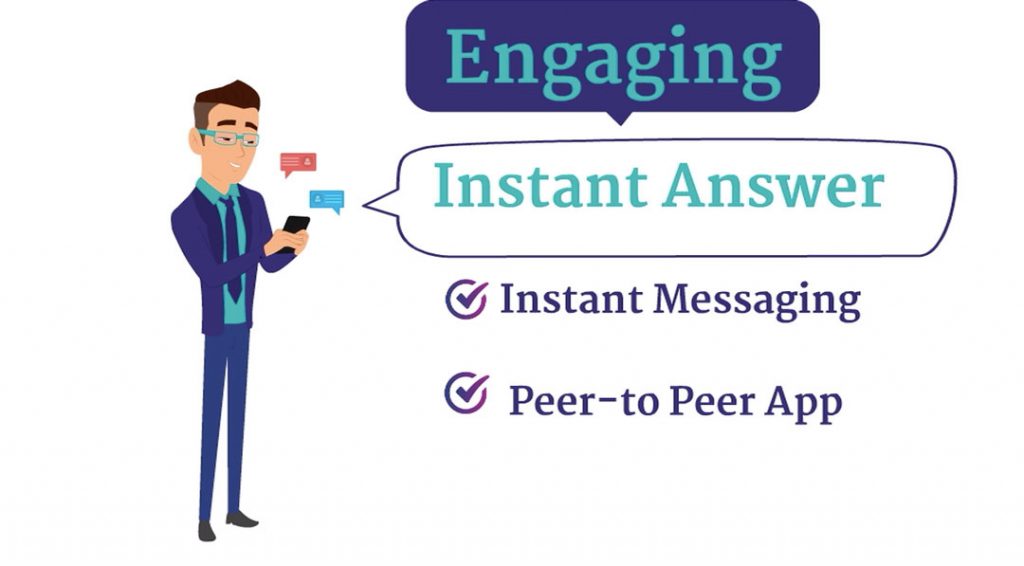
Bots can also be smart when powered with Artificial Intelligence to help interactions seem more human with the use of Natural Language Processing (NLP) and these bots can be enhanced with the use of Amazon Lex, Google Dialogflow, Gupshup, Microsoft Bot Framework, Facebook Wit.Ai or Pandorabots.
What happens after a bot qualifies the aspiring student?
Information collected by bots should be used to meet universities and colleges business requirements and connect prospective students with the best counsellor possible. Based on the student’s location, language, intended level of study or citizenship, the recommended and automated connection will be with key agents located in the same country as the student, and that also speak the same language. Another type of counsellor will be dedicated education providers’ staff; it can be course advisors or student recruitment members. The engagement between the aspiring student and counsellor should be instant from an app, as opposed to emails back and forth.
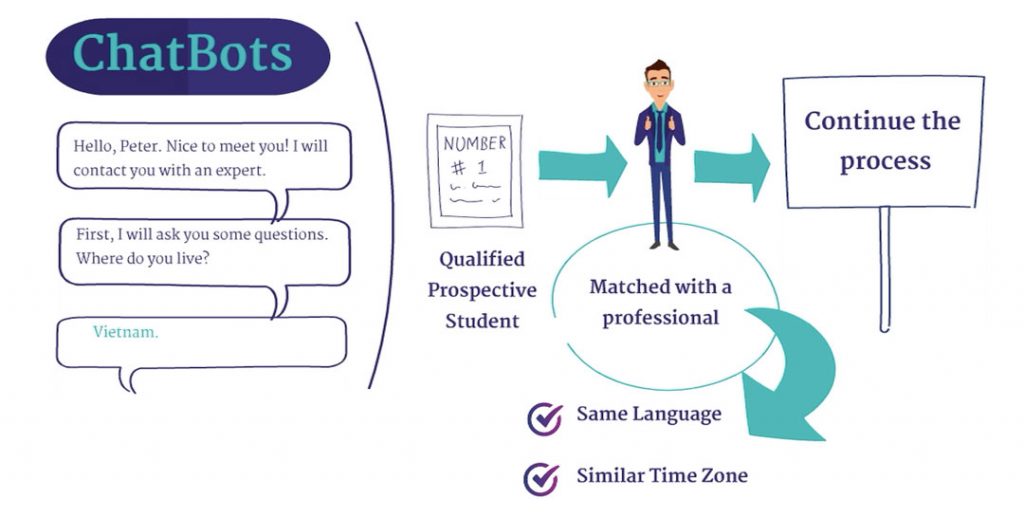
What is the standard of pre-application student engagement?
It all starts with quality student advice about courses, education providers, and destinations. In a post-COVID-19 world, it makes more sense for this to happen using apps connecting student and counsellors via voice, video and chat. Many applications allow for video conferences that can group parents, the prospective student and counsellors; independent of location.
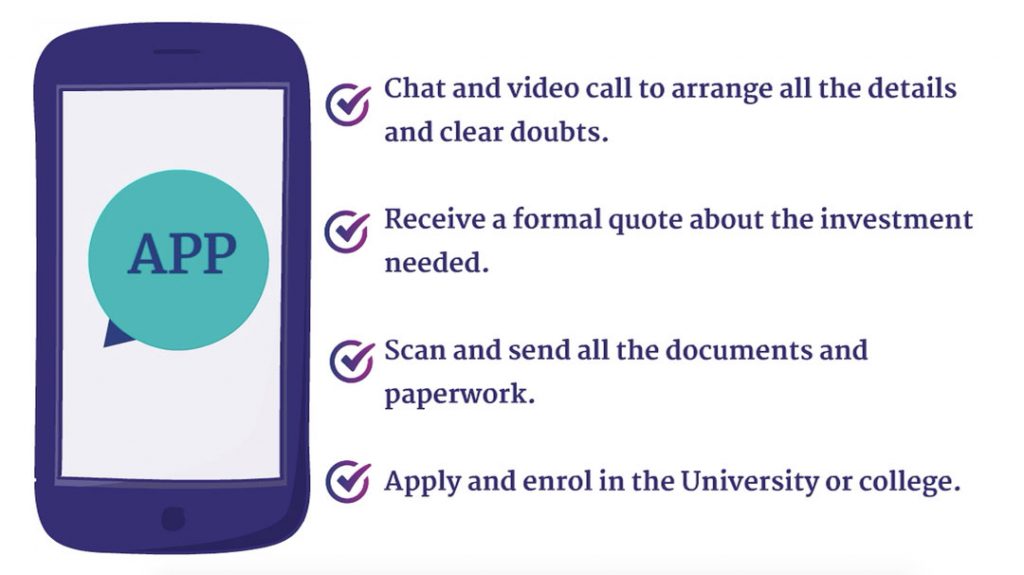
From here the most professional approach, once the advice has taken place, is for a quote detailing all fees to be sent and many CRMs have this capability nowadays. Along with CRMs, marketing automation tools allow for students to be nurtured with personalised and programmable content segmented by language, country of citizenship, and course.
When it comes to automated messaging to students, there are two different types, one more of a marketing-driven message used for nurturing and another one transactional updating aspiring students on their process status. These transactional notifications should go beyond email into apps as well; these include browser, mobile app, WhatsApp or Facebook Messenger notifications.
What is the power of peer-to-peer in admissions?
The ability for Students to complete their application online is expected now from most universities and colleges. However, administering PDF applications is expensive and human resource-intensive, it is not a trackable process and even for the student applying directly to the education provider it is not inviting and accessible. Going forward, it is assumed that online application systems will all allow for students and agents to apply, for applications to be managed, offers to be issued, payments to be submitted, etc. For an online application system to be superior it will:
- integrate with other systems via API
- be available as a mobile app
- be able to validate documents
- connect students that have been issued unconditional offers with current student ambassadors or academics
It is this last point where the power of peer-to-peer lies, where the role of a current student ambassador works the best, where ideally a student with an unconditional offer can connect with a peer from the same course and country of citizenship, and potentially an academic or course coordinator too. This change to the process of admissions is the future of admissions post-COVID 19.
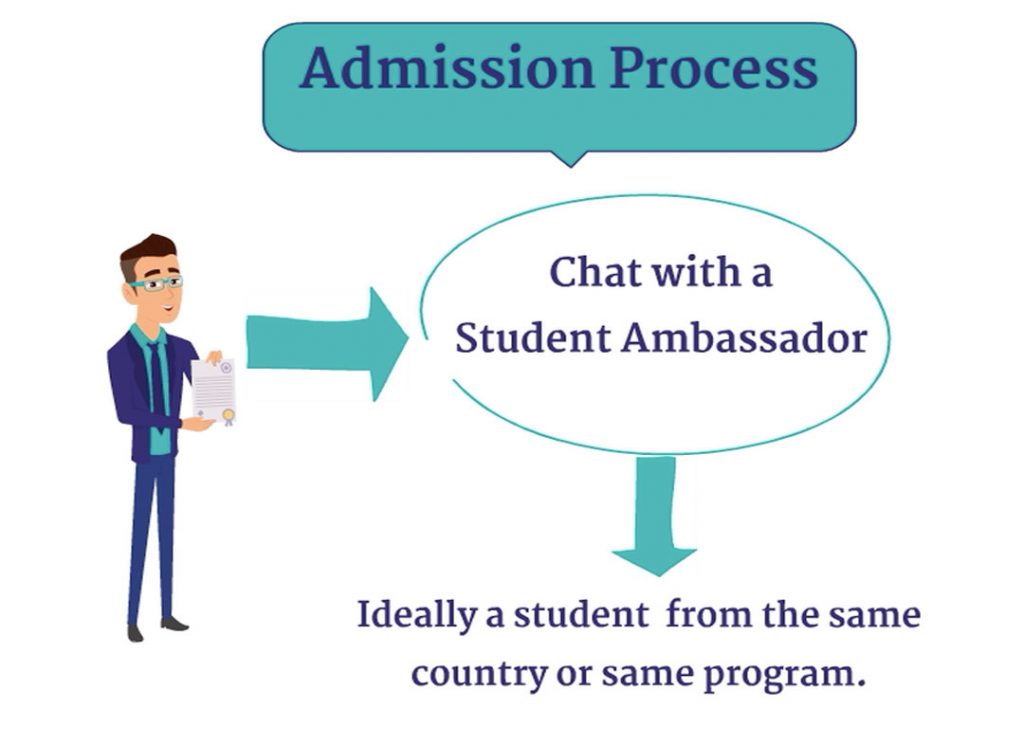
Is your university or college set up to recruit students digitally using apps? If not, you can use our Instant Qualified Applicant Platform (IQAP) to continue student recruitment under the new era. Contact us for a demo today.
